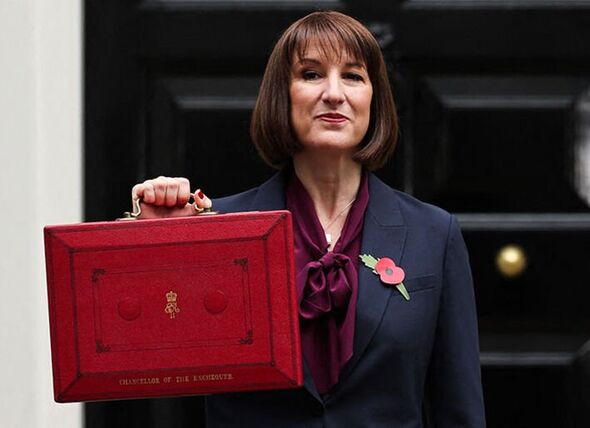
Rachel Reeves has committed to ending the previous government’s income tax thresholds in her Budget – but not until 2028.
In the meantime, that means thresholds remain frozen, with the personal allowance set to £12,570 a year, where it has been since 2021
Thresholds are traditionally increased in line with inflation, which is currently at 1.7%.
This means that while people’s salaries have been increasing every year, the tax thresholds have stayed still. As a result people pay more and more tax every year, creating a phenomenon known as ‘fiscal drag’.
For example, someone earning the average full-time salary of £37,430 a year will have a take-home pay of £26,560 once existing income tax and national insurance have been deducted.
Had Rachel Reeves increased the thresholds by the current rate of inflation, then that person’s take-home pay would be £27,712.
That means they’re paying an extra £60 a year due to fiscal drag.
You can find out how much fiscal drag is costing you by entering your annual salary here.
The Chancellor’s plans will see the tax burden reach an historic high, while borrowing increases by an average £32.3 billion a year as spending increases by around £70 billion annually over the next five years.
Ms Reeves said the measures were necessary to address the “black hole” in the public finances left by the Tories while pumping billions into schools and hospitals.
She confirmed plans to hike employers’ national insurance contributions and increase capital gains tax, while also making changes to inheritance tax and stamp duty.
And changing the way government debt is measured allowed her greater flexibility to borrow, resulting in what the Office for Budget Responsibility called “one of the largest fiscal loosenings of any fiscal event in recent decades”.
The tax burden will reach 38.3% of gross domestic product in 2027-28, the highest since 1948 as the UK recovered from the impact of the Second World War.


















